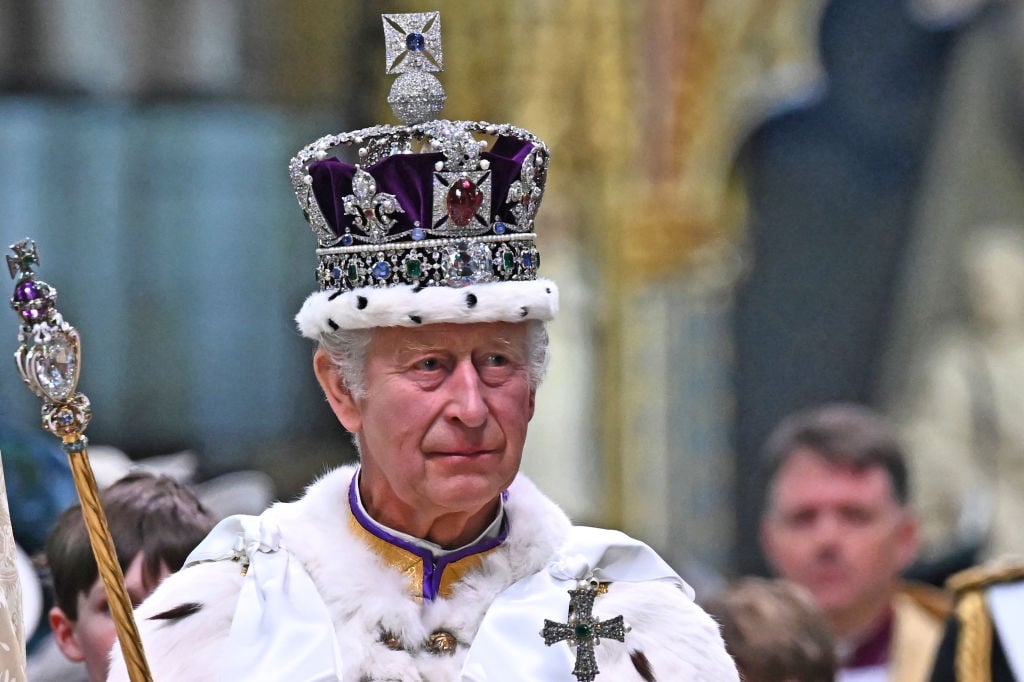Museums & Institutions
The Tower of London Has Updated Its Crown Jewels Exhibit to Offer a More ‘Honest’ Account of Their Colonial History
The new exhibition concedes that India was 'compelled' to hand over the magnificent Koh-i-noor diamond.

The new exhibition concedes that India was 'compelled' to hand over the magnificent Koh-i-noor diamond.

Jo Lawson-Tancred

Britain’s crown jewels had a major public outing earlier this month for King Charles III’s coronation, but when they are off-duty, they can be seen at the Tower of London. An updated exhibition has opened today that aims to give a more “honest” account of the treasures’ complex colonial history.
The regalia in question includes the magnificent Koh-i-noor diamond, which came into Queen Victoria’s possession in 1850 after it was handed over by Duleep Singh, the maharajah of Lahore who was just 10-years-old at the time. This exchange appears to have been coerced, although its exact circumstances have been a matter of some debate, and there have been repeated calls for its repatriation from Pakistan, Afghanistan, and India.
Now, a fuller account of the diamond’s acquisition will be presented to visitors of the Jewel House at the Tower of London, in the form of special information boards that acknowledge the Koh-i-noor as a “symbol of conquest” that its young owner was “compelled to surrender” along with control over the region of Punjab.
Additionally, a new audiovisual display will trace its long history since been discovered in the 17th century. The precious jewel passed through many hands, from Mughal emperors to Afghan emirs.
“We had some small labels before in the Treasury, and we also have some content on our website and in our guide books,” the curator Charles Farris told the Guardian. “But this is the first time we really unpack the story.”
Another jewel to be reconsidered in this newly contextualized display is the Cullinan diamond, which originates from the Transvaal in Africa.
The transformation of the Jewel House is the cumulation of a four-year project by Historic Royal Palaces that started with inviting feedback from the local community, members of which said that the origins of the collection were not clearly explained.
Although the new exhibit is backed by Buckingham Palace, the controversy over the Koh-i-noor diamond, which would traditionally have been worn by the Queen Consort, meant it was swapped out for another crown featuring the Cullinan diamond for her coronation on May 6.
More Trending Stories:
A Sculpture Depicting King Tut as a Black Man Is Sparking International Outrage